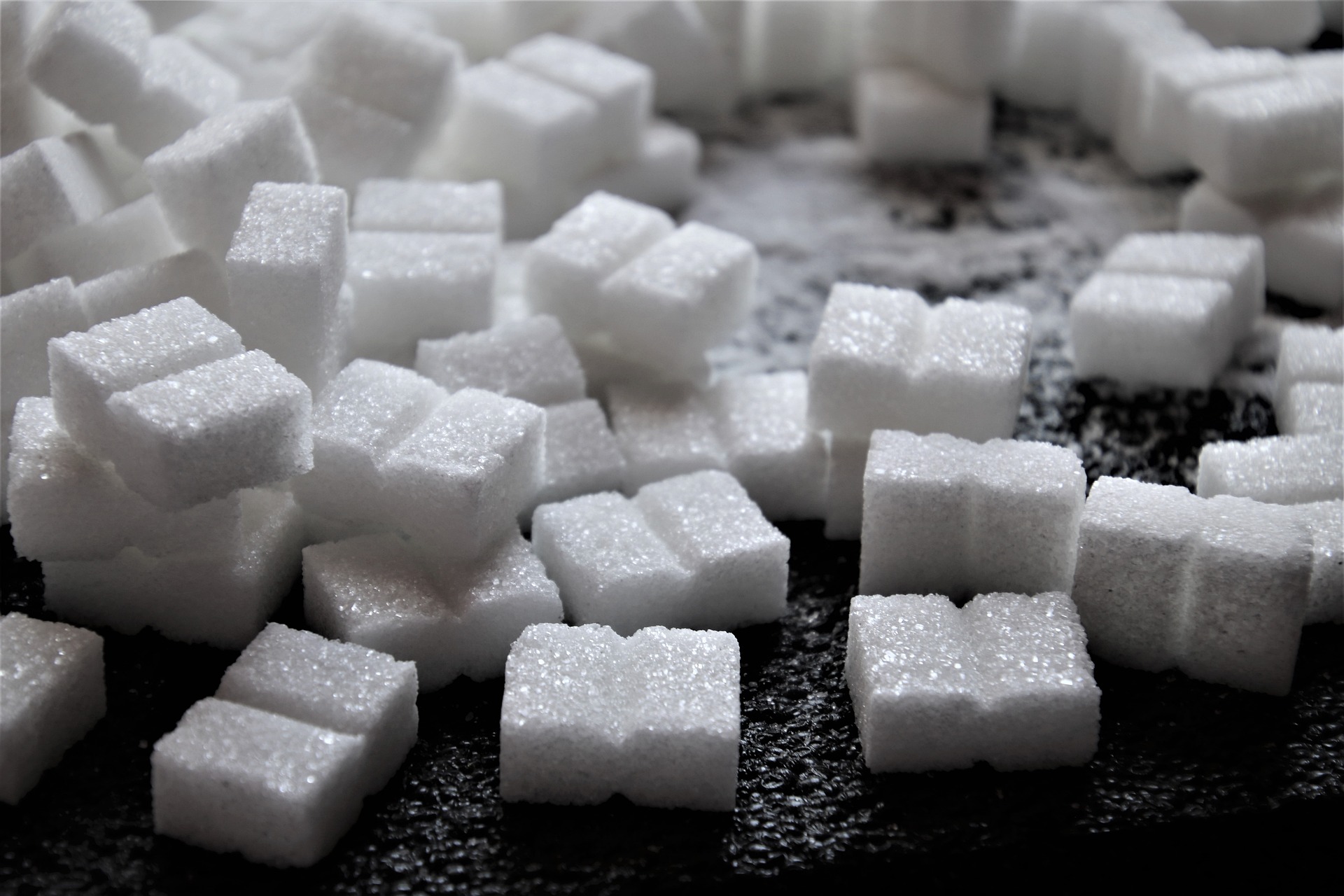Sugar- Is There A Healthiest Version By Maria Khaled RD, LD

So, a question many of us may ask on our journey to wellness and weight loss- what sugar is healthiest for you? There are several options out there and I will take a look at a few. First, it’s important to note that the Dietary recommendations for all Americans is no more than 6 teaspoons of sugar for women per day and no more than 9 teaspoons for men daily. Sticking to these limits and not going above is crucial on our wellness journeys to losing weight and transforming into the greatest version of ourselves.
The question remains- is there a healthiest version of sugar out there and if so- what is it? Let’s take a look at what’s out there and explore this question.
First, white sugar is most common and it is refined. When compared with brown sugar, they both have about the same calorie content with brown sugar containing only 0.25 fewer calories than its counterpart. For example 1 teaspoon of both brown sugar and white sugar will have 20 calories. Brown sugar is equally high in carbohydrates however, it contains some traces of micronutrients like iron, calcium, zinc, copper, potassium, phosphorus, and vitamin B-6. So, overall they are pretty similar in nutritional profile. (Healthifyme.com July 6, 2022)
Raw sugar starts out the same as refined sugar and is also referred to as turbinado or unprocessed sugar. These crystals are slightly larger and have a light golden brown color to them and retain a thin layer of molasses. The finished product is packaged and then shipped out to stores for purchace.
All cane sugars are easily digestible and quickly absorbed into the bloodstream. The glycemic index (GI) of refined, raw, and unrefined cane sugars are not much different. It varies from about 60-68.
GI refined white sugars (powdered, ultrafine, superfine, caster); 64+-4; GI Brown sugars (unrefined, raw, refined 62+-2
GI raw sugars (organic white and brown, turbinado, demerara): 62+-2
GI syrups (golden syrup, simple syrup, cane syrup, liquid raw sugar): 62+-3
GI molasses (mild, dark, blackstrap, traditional) : 62+-1
So, some reasons to choose unrefined and raw sugar are:
- They are a one to one substitute for refined sugars. If you’re making a recipe, this is helpful to know.
- They offer a unique taste and aroma. (whatsugar.com)
- They give a boost to beverages, cooking and baking goods.
A healthy alternative is a plant based sweetener, stevia, commonly used by diabetics. It is a popular plant-based, calorie-free alternative to sugar. Many people prefer it because it is natural, as opposed to artificial sweeteners, and extracted from plants. Because stevia is so much sweeter than sugar, the small amounts used do not add calories or carbs to your plan. Though stevia leaves contain various vitamins and minerals, most of them are lost when the plant is processed into a sweetener. (Healthline)
Although stevia may help to manage blood sugar, since it is such an intense sweetener, it may increase cravings for sweet foods. Furthermore, stevia and other zero-calorie sweeteners may still cause an insulin response, simply due to their sweet taste, even though they don’t increase blood sugar levels.
Also, research has shown that stevia can inhibit the growth of a beneficial strain of gut bacteria by 83%. (Healthline). More research is important regarding the long-term effects of stevia on health as it is limited right now.
Overall, the takeaway is that one cane sugar is not better than another and depends on what your interest level is. Moderation is key and sticking to no more than the recommended serving size is important on your journey to losing weight and transforming into that greatest version of yourself!
Contact Nutrition Wellness today at 407-698-3121 and get ready to lose weight and transform into the greatest version of yourself!


